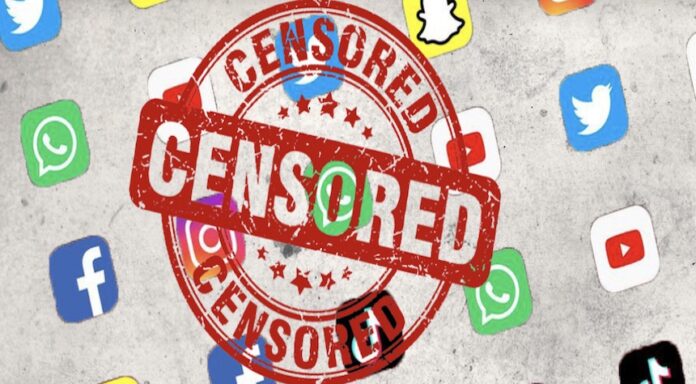A federal judge from Louisiana issued a ruling that limits the Biden administration’s communication to social media platforms about a variety of online content. This includes false narratives regarding the coronavirus epidemic. The order has First Amendment implications and comes in the midst of a legal fight over online speech boundaries.
Republicans see the ruling as a win, arguing that censorship is aimed primarily at conservatives. Democrats say that platforms are unable to combat hate speech and misinformation. This ruling is an important step in protecting freedom of speech on digital platforms.
According to reports, the ruling issued on Tuesday places limitations on government interaction with social media companies.
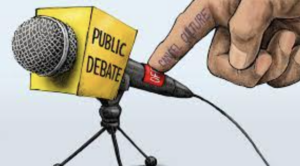
In a 155-page ruling, U.S. district judge Terry Doughty issued on Tuesday, he barred White House officials as well as multiple federal agencies from contacting companies that provide social media services with the intention of suppressing political opinions and other speech protected by government censorship.
The injunction was issued in response to a lawsuit filed by Republican Attorneys General of Missouri and Louisiana, who claimed that the Biden Administration had created a vast “federal enterprise” as part of its efforts to combat what they deemed to be rampant misinformation on social media.
The lawsuit claimed that the government pressured social media platforms to remove disfavored views on Covid-19 health policy, the origins of the pandemic, Hunter Biden’s laptop story, election safety, and other divisive issues.
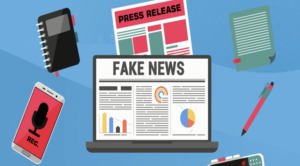
The ruling does not allow certain government agencies to urge or pressure social media platforms to remove content that is protected by free speech. However, they may still inform the platforms of posts related to crimes or national security threats, or foreign election interference.
Legal experts think that this case, and others like it, which include state laws prohibiting internet platforms from removing content with political overtones, could eventually reach the Supreme Court, and may have the power to change the legal norms around online speech. The Biden administration is expected to appeal the ruling, and the Justice Department has begun reviewing it.
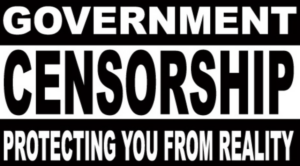
This ruling is good news for those who support free speech. It has important First Amendment implications. The ruling gives hope that the government will be less able to censor dissenting views on COVID-19 and other topics, such as elections and foreign policy.
The decision of the judge acknowledges that free speech is important, especially in the digital world. The ruling prevents government agencies from pressuring or urging social media platforms, to censor certain content. This could allow diverse viewpoints and dissenting views to thrive in public discourse.
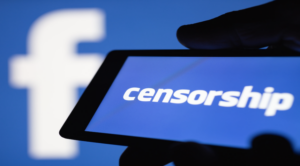
This ruling is a win for those who support free speech and have expressed concerns over possible biases when it comes to content moderation in social media platforms. It is certainly a positive step, even though it’s not the final word on the issue. The release of the Twitter Files was crucial in exposing the corrupt government’s attempts to suppress viewpoints that are contrary to state-approved narratives.
This decision may, speculatively speaking, lead to a reevaluation by the government of its role in content moderating and encourage platforms to adopt more transparent and neutral approaches to combat misinformation and hate speeches. This decision may also spark further legal disputes and discussions about the limits of free speech in a digital age.
It is yet to be seen what this ruling will mean and if it will stand up to any legal challenges or scrutiny. It is important to remember that it’s vital to protect free speech, promote diversity, and ensure the state doesn’t stifle information and viewpoints on the internet.

